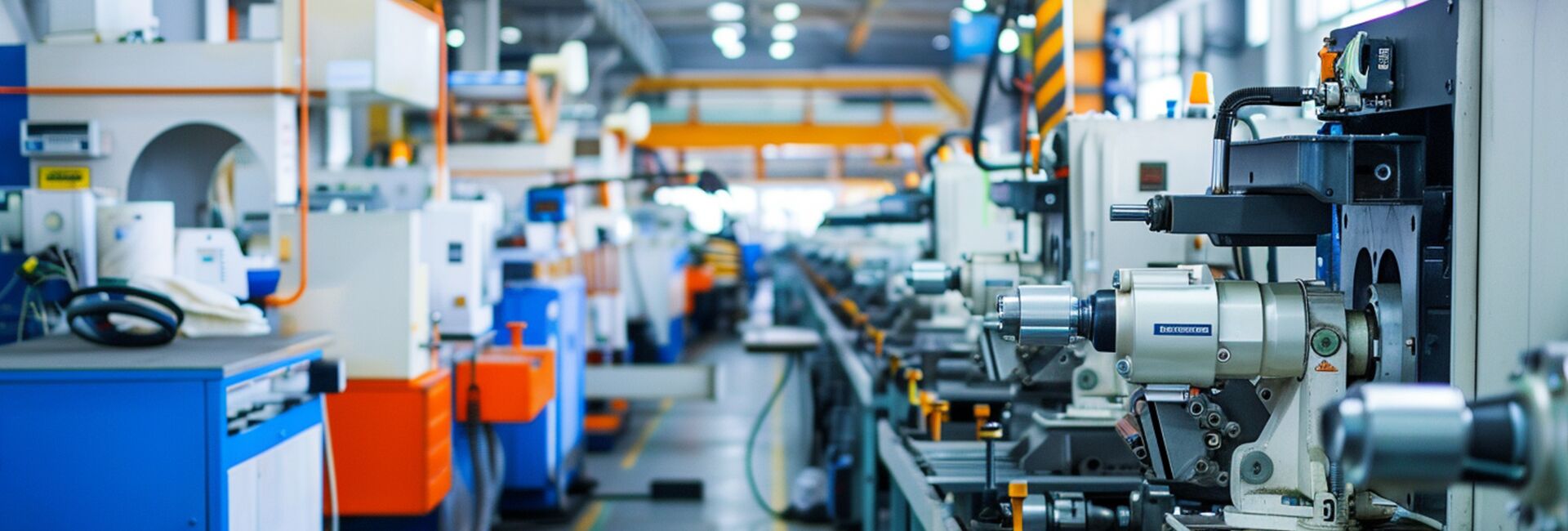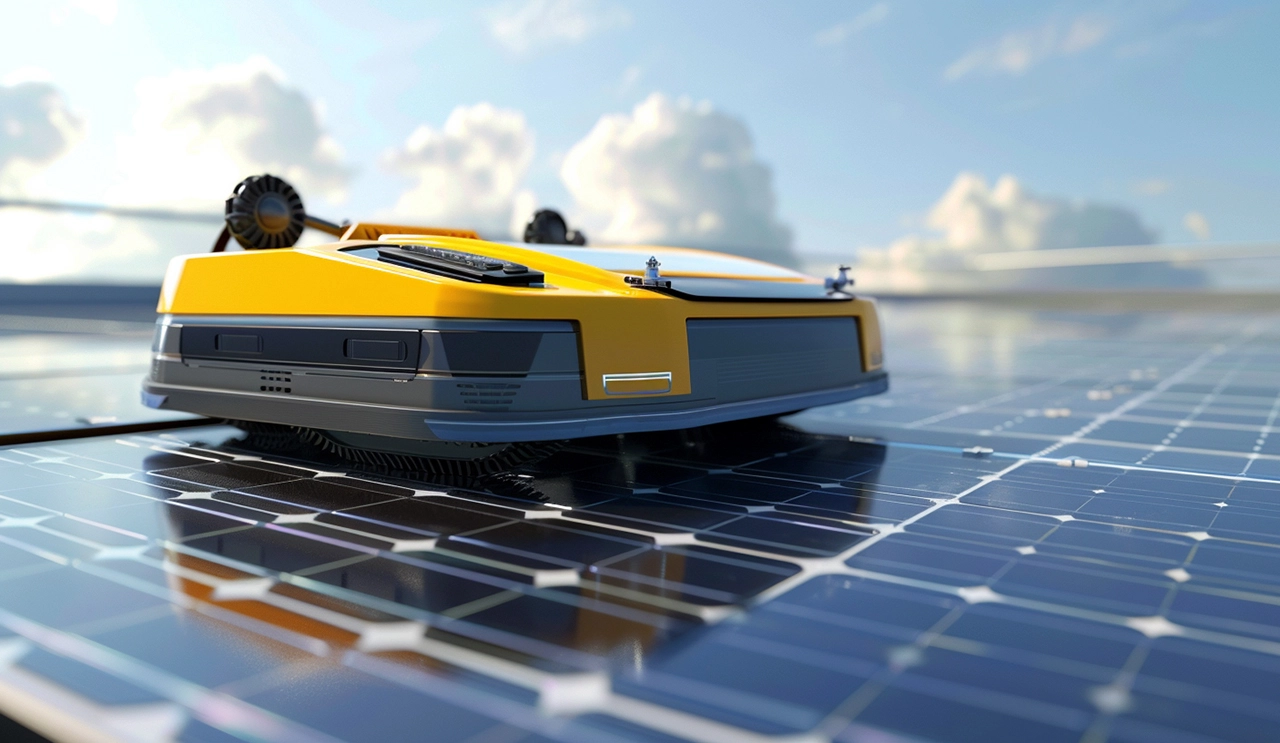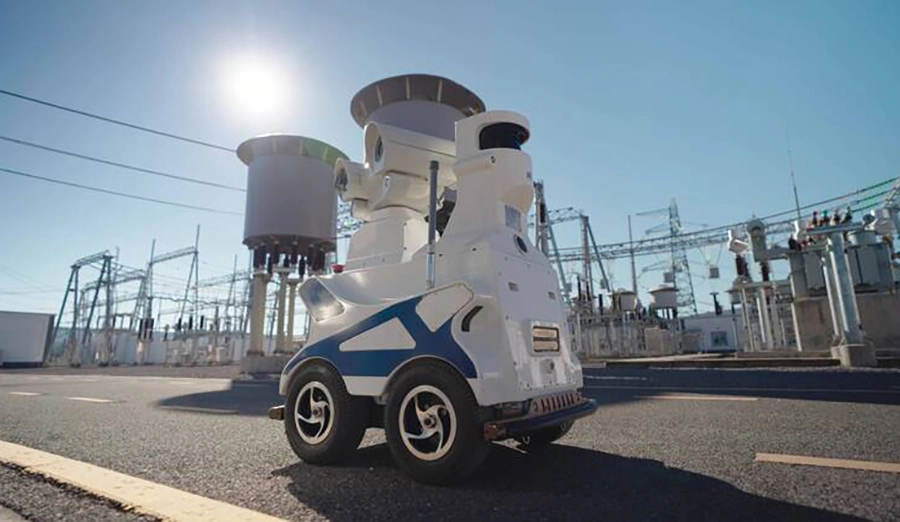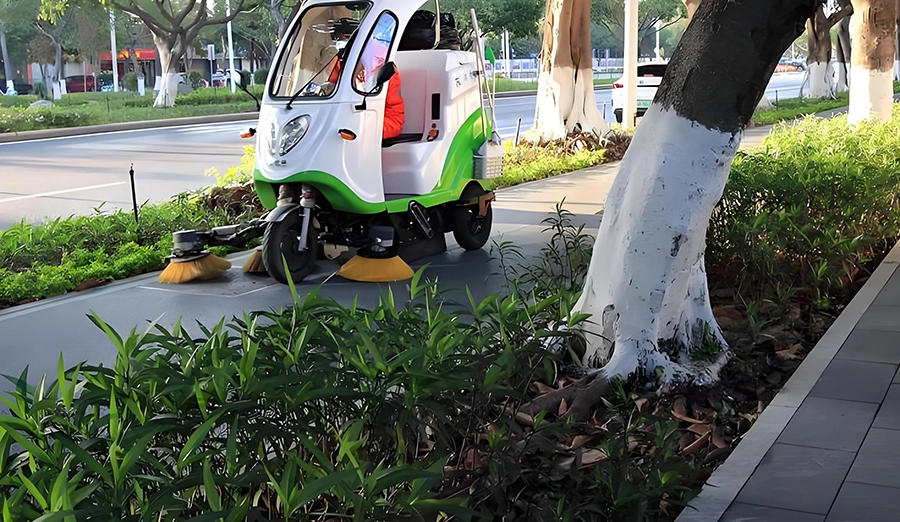
WIRELESS CHARGING IN THE NEWS
In the Industry 4.0 era, the blueprint for factories is clear: lightsout manufacturing — unmanned, uninterrupted, and untethered. AGVs (Automated Guided Vehicles) are the backbone of smart logistics, yet a simple action shackles their potential: plugging in a charging cable.
The Pain Point: The Human Bottleneck
Manual charging forces AGVs to halt production, wait for human operators, and endure frustrating downtime:
Time Drain: Each plug/unplug cycle wastes 510 minutes;
Labor Trap: Dedicated staff needed for 24/7 shifts;
Efficiency Loss: Fragmented uptime cripples Overall Equipment Effectiveness (OEE).
Operations Directors demand answers: If AGVs can’t run continuously, how can factories achieve true autonomy?
The Revolution: Wireless Charging Reinvents AGV Energy Logic
Wireless charging uses magnetic resonance coupling to transmit power without physical contact. Its power lies in three breakthroughs:
1. Autonomous MicroCharging: Power as Invisible as Air
Gap Charging: AGVs recharge during idle moments (e.g., waiting at elevators, loading docks);
Path Integration: Charging zones embedded in workflow routes enable “opportunity charging” without detours.
2. Flash Charging in Seconds:
AGVs regain 1% power in 10 seconds (50A system), enabling 20+ microcharges daily — eliminating range anxiety.
3. 24/7 ZeroTouch Operation:
AIdriven systems control charging cycles. AGVs selfschedule overnight charging, enabling nonstop 7x24 operation.
ROI: The LightsOut Factory Flywheel Effect
Key metrics that resonate with Plant Managers:
Uptime ↑30%: Operational availability exceeds 95%;
Labor Cost ↓40%: Eliminate charging crews, saving >$30k/line/year;
Safety First: No sparks or cable wear, complying with EHS standards.
Automation Engineers see deeper transformation: Wireless charging becomes the nervous system of lightsout factories. AGVs evolve from task executors to autonomous agents, empowered by uninterrupted energy.
Conclusion: Unleashing Human Potential
Wireless charging isn’t just power transfer—it’s the keystone of autonomous manufacturing. By liberating humans from manual tasks, we redirect talent to highvalue innovation. When we bid farewell to plugs, factory lights stay off not to save energy, but because machines have learned to power themselves.







